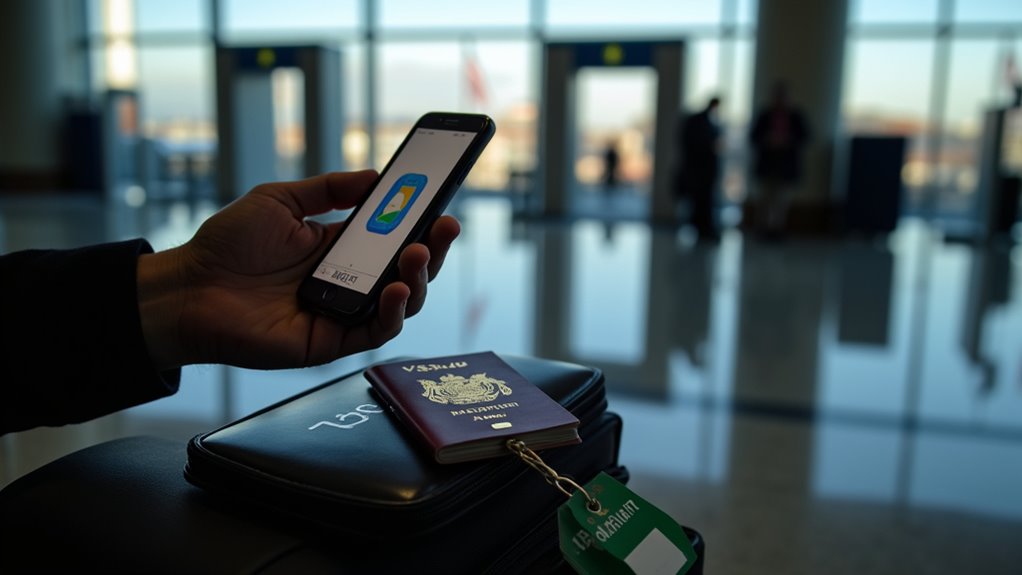As Northern Ireland prepares to implement the groundbreaking 2025 Sign Language Bill, a remarkable shift is taking place in the tourism sector—one that places deaf guides at the forefront of cultural storytelling. The legislation, which formally recognizes British Sign Language and Irish Sign Language as official languages, has catalyzed an unprecedented collaboration between Tourism NI, Belfast Met College, and Visit Belfast to establish the region’s first accredited training program for deaf tour guides.
Northern Ireland’s sign language revolution elevates deaf tour guides from accessibility afterthought to cultural storytelling pioneers.
Last month, eight individuals graduated with OCN NI Level 2 Awards in tour guiding—a curriculum co-designed by members of the deaf community. These pioneers, now certified and deployed at key tourism sites across Northern Ireland, represent more than just accessibility compliance; they embody a profound reimagining of the visitor experience itself.
“We’re not simply adding interpreters,” explains a Tourism NI representative, “we’re cultivating authentic cultural narratives that don’t require mediation.” This distinction matters enormously. Previously, deaf-led tours manifested as volunteer initiatives, revealing both significant demand and glaring professional development gaps that the new program directly addresses.
The timing couldn’t be more apt. With the 2025 Deaf Arts Festival NI featuring deaf-led tours with interpreters and prescribed organizations now legally obligated to guarantee equal service access, these newly minted guides are stepping into roles with substantial economic promise. The initiative began when a Belfast volunteer recognized the need for properly trained sign language tour guides while assisting deaf visitors. The certification program—focusing on cultural storytelling, spatial awareness, and specialized visitor needs—has transformed what was once volunteer work into legitimate career pathways with standardized compensation structures. This change mirrors successful models where tours are conducted in 100% sign language without the need for interpreters, creating more authentic experiences for all participants.
Challenges persist, naturally. The sector faces concerning workforce trends, including a 32% decline in qualified teachers for deaf children since 2011 and nearly a quarter of peripatetic Teachers of the Deaf approaching retirement age. Resource constraints and inadequate data collection further complicate service planning.
Yet the momentum is undeniable. As deaf visitors increasingly seek immersive experiences that don’t rely on hearing intermediaries, Northern Ireland’s pioneering program—a rarity globally—positions the region as a leader in truly inclusive tourism, where linguistic equity and cultural authenticity converge to create richer experiences for everyone involved.









